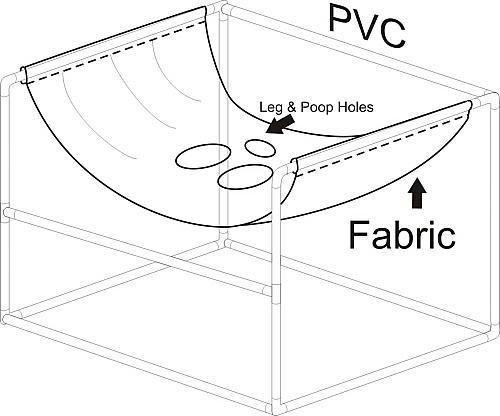Hi,
I have a 4 month old chicken who is most likely a rooster. I am not sure of the exact breed, but he is probably an Araucana and he hatched from a green/olive egg.
For the past two or three weeks he has developed a bad limp in one leg and in the last couple of days this leg has become completely lame from the hip, he's also not drinking or eating much but this could be because he can barely hop as he still appears healthy and alert. I cannot see any other signs of illness such as bumblefoot or injury. Based on what I've read, I am pretty sure it isn't Marek's and nothing I could find seemed to match his symptoms.
A couple of weeks ago two of his siblings (pretty sure they were hens) died suddenly within a couple of days of each other, but with no symptoms leading up to their deaths, other than in the day and hours before.
I have done quite a lot of reading and googling and cannot find anything that matches his symptoms. Does anyone have any ideas what could be causing this and if there is anything I can do to help him?
I have a 4 month old chicken who is most likely a rooster. I am not sure of the exact breed, but he is probably an Araucana and he hatched from a green/olive egg.
For the past two or three weeks he has developed a bad limp in one leg and in the last couple of days this leg has become completely lame from the hip, he's also not drinking or eating much but this could be because he can barely hop as he still appears healthy and alert. I cannot see any other signs of illness such as bumblefoot or injury. Based on what I've read, I am pretty sure it isn't Marek's and nothing I could find seemed to match his symptoms.
A couple of weeks ago two of his siblings (pretty sure they were hens) died suddenly within a couple of days of each other, but with no symptoms leading up to their deaths, other than in the day and hours before.
I have done quite a lot of reading and googling and cannot find anything that matches his symptoms. Does anyone have any ideas what could be causing this and if there is anything I can do to help him?
Last edited:



